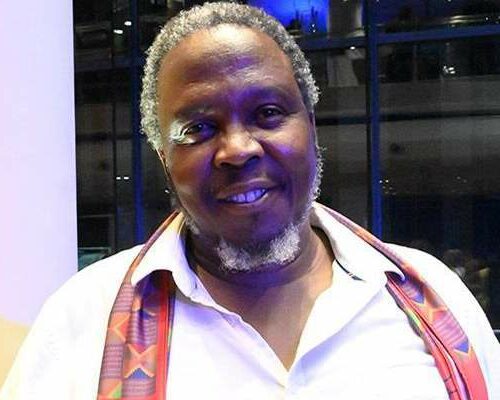
South Africa is on the brink of overhauling decades-old divorce legislation, with sweeping reforms set to protect spouses better left financially stranded after a marriage ends, particularly those in unions without the legal cushion of shared assets.
Justice Minister Mmamoloko Kubayi is spearheading this legal shake-up through the proposed General (Family) Laws Amendment Bill of 2025, which she plans to submit to Parliament soon. If passed, the bill will address critical legal gaps that have long left certain spouses, especially women, with no claim to assets despite years of emotional and financial contribution.
At the heart of the bill is a Constitutional Court judgement from October 2023 that declared portions of the Divorce Act unconstitutional. These sections failed to protect those married out of the community of property without accrual, a marital regime where spouses keep separate estates and have no automatic claim to each other’s assets in the event of divorce or death, regardless of how much one party may have supported the other financially, as per Business Tech.
The bill proposes amendments not only to the Divorce Act of 1979 but also to the Matrimonial Property Act of 1984 and the Mediation in Certain Divorce Matters Act of 1987. Together, these changes aim to modernise the way courts handle asset division and spousal protection, including the power to redistribute assets even in cases where the law currently doesn’t allow it.
One of the critical reforms would allow judges to transfer assets in divorces involving couples married before the introduction of the accrual system in November 1984, or where couples intentionally excluded accrual. This provision could be a game-changer for spouses who find themselves financially vulnerable after divorce or the death of a partner.
This isn’t the first time South Africa has taken a progressive step in family law. In 2024, President Cyril Ramaphosa signed the Divorce Amendment Bill into law, finally recognising Muslim marriages and allowing for equitable divorce proceedings in those unions. That amendment followed a Constitutional Court ruling that exposed the legal vacuum for Muslim women, who often left marriages without the legal means to claim maintenance or a share in marital property.
The new amendment bill builds on this momentum and adds legal clarity around the roles of family advocates, the process of mediation in divorce matters, and how courts can now intervene to ensure fair treatment, even when marriages are based on older or more exclusionary legal frameworks.
Experts say the proposed reforms are long overdue and could have a major impact on women, especially those who’ve spent years in homemaking roles or supporting spouses without being legally entitled to the fruits of that labour.
The Justice Department confirmed that a public consultation process will follow, giving civil society and legal experts the chance to weigh in before the bill moves through the legislative process.
If all goes according to plan, South Africans could see these changes written into law within the next 12 months, reshaping what it means to split not just emotionally, but financially, too.
First published by Cape {town} etc
Compiled by Aiden Daries
Also see: ‘It is the most painful thing,’ Khaya Mthethwa opens up about divorce




